Dragon Fruit Benefits: 13 Essential Health Advantages
Filled with nutrient goodness, this fruit supports your gut health, boosts immune function, and more.
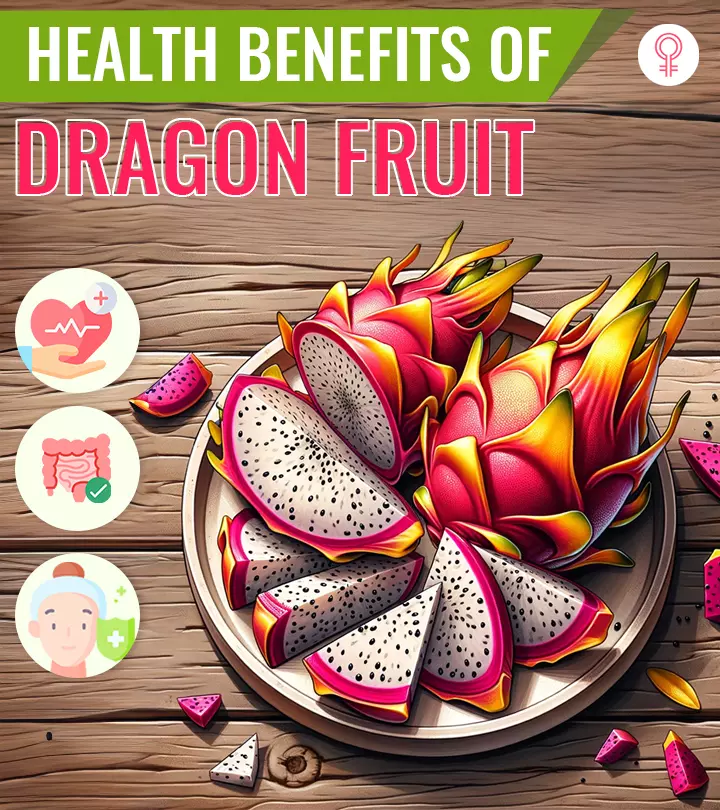
Image: Created with Dall.E
Dragon fruit, which originated in Central America, is referred to as a ‘superfood’ due to its rich nutritional and antioxidant profile. The benefits of dragon fruit are remarkable—this low-calorie, nutrient-packed, and antioxidant-rich exotic fruit is a fantastic alternative to many other fruits, thanks to its impressive health advantages (1).
The skin of this tropical fruit has a flaming pinkish-red hue. It has a mild flavor, and its texture feels like a cross between a pear, a passion fruit, and a kiwi.
According to studies, consuming dragon fruit regularly may help manage diabetes, boost heart health, and control cholesterol. It is also sold in powder form, which you can use to make flavored yogurt and smoothies.
In this article, we look at the 13 amazing health benefits of dragon fruit, its nutritional profile, its potential side effects, and more. Scroll down to know more!
 Know Your Ingredient: Dragon Fruit
Know Your Ingredient: Dragon FruitWhat Is It?
Tropical fruit with a pinkish-red hue has a taste and texture that’s a cross between a pear, a passion fruit, and a kiwi.
What Are Its Benefits?
It is fiber-rich and has antioxidant, anti-inflammatory, and hypoglycemic properties.
Who Can Consume It?
People with GI tract issues, cholesterol and heart problems, diabetes, and skin-related issues may find it helpful.
How Often?
1 cup or about 200 gms of the fruit can be consumed daily.
Caution
In rare cases it may cause rashes, swelling in the mouth, and nausea.
In This Article
Dragon Fruit Nutrition
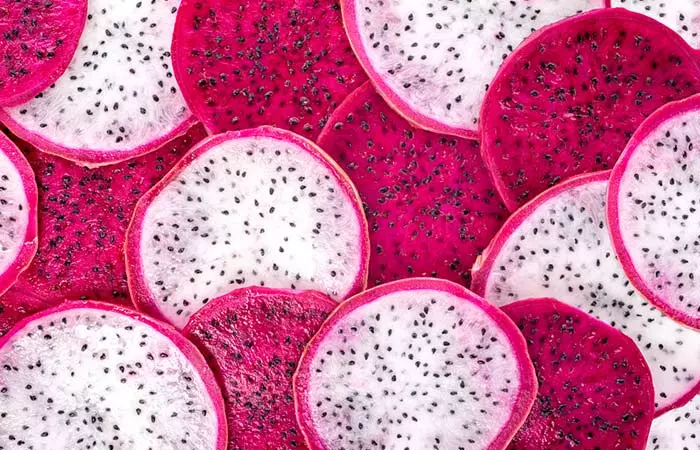
Dragon fruit is extremely nutritional and is packed with essential vitamins, minerals, and antioxidants, making it a wholesome addition to a healthy diet. Dragon fruit (100 g) contains 264 calories, carbohydrates (82 g), and protein (3.57 g). It is rich in fiber (1.8 g), iron (4% RDI), magnesium (10% RDI), calcium, potassium, and vitamin C (3% RDI) (1), (2), (3). It is also a good source of vitamins B1 (thiamin), B2 (riboflavin), B3 (niacin), and C (3).
- Dragon fruit is a healthy source of carbohydrates and fiber (1). The complex sugars from fruits are a better alternative to processed sugar.
- The fiber content of dragon fruit is important in maintaining the beneficial bacteria in the gastrointestinal tract. The high fiber content also helps in bowel movement.
- The glycemic content of dragon fruit is on the higher side, but it is nutrient-dense, which makes it a healthy snack.
- The high concentration of vitamin C in dragon fruit is more than the daily recommended intake. Vitamin C is a vital nutrient and antioxidant that is involved in multiple physiological functions and provides many health benefits.

 Did You Know?
Did You Know?Now that you have a brief idea about the health benefits of dragon fruit, let’s check what is dragon fruit good for in detail in the section below!
Key Takeaways
- Dragon fruit is rich in fiber and vitamin C and low in calories.
- Consuming dragon fruit daily may promote gut health, boost immunity, and hydrate the skin.
- Dragon fruits can be eaten fresh or used in smoothies or jams.
- In rare cases, consumption of dragon fruit may cause rashes and a swollen mouth.
13 Health Benefits Of Dragon Fruit

1. May Promote A Healthy Gut
It is one of the well-known benefits of eating dragon fruit. This fruit is considered good for digestion because it is rich in fiber (1). The prebiotic fiber in dragon fruit helps in the growth of good bacteria (probiotics) like Lactobacilli and Bifidobacteria in the body. These bacteria provide us with essential compounds that our body cannot synthesize (4). Dietary fiber also improves bowel movement and treats conditions such as constipation, irritable bowel syndromei A cluster of diseases that cause gastrointestinal discomfort and swelling due to persistent inflammation. (IBS), and gastrointestinal issues (5).
2. May Lower Cholesterol And Improve Heart Health
The seeds of dragon fruit are a rich source of essential unsaturated fatty acids such as linoleic and linolenic acids (6). These good fats can lower the levels of bad cholesterol in the body. Excess low density lipoprotein (LDL) or bad cholesterol can harden your arteries and lead to heart diseases. The presence of phytonutrients such as lycopene can also help in improving cardiovascular health (7), (8), (9).
Higher dietary fiber intake is positively linked with lower risk of heart disease (10).
All these cardioprotective compounds present in dragon fruit may help lower cholesterol and reduce the risk of coronary heart disease or heart attacks.
3. May Strengthen Your Immune System
Dragon fruit contains antioxidants such as vitamin C, betacyanins, betaxanthins, and polyphenolic compounds (11), (12). Vitamin C is integral to maintaining a robust immune system as it assists in killing harmful pathogens and promotes the growth of white blood cells (immunity cells) (13). The colored pigments in dragon fruit – betalains – have antioxidant and anti-inflammatory properties (14). These antioxidants can scavenge or bind to the harmful free radicals released during stress or metabolic reactions.
4. May Help Stabilize Your Blood Sugar
Dragon fruit can reduce blood sugar levels. This could be helpful for people who are pre-diabetic or diabetic. Research published in the Public Library of Science shows that the glycemic control of dragon fruits is dose-dependent. This means that as the amount of dragon fruit consumed increased, the blood sugar levels decreased (15). This hypoglycemici An individual with low blood sugar, a condition where the blood glucose levels drop below the normal range (70 mg/dL). property of dragon fruit can help in regulating glucose levels in the blood.
However, consuming too much dragon fruit can also lead to adverse effects as it has been found to induce insulin resistance in mice (16). Insulin resistance can lead to obesity.
5. May Aid Weight Loss
A study conducted on 36 male mice has found that the betacyanins found in red dragon fruit can help manage diabetes and prevent obesity by regulating the growth of beneficial bacterial in the gut (17). The high fiber and water content of dragon fruit can also help keep you satiated for longer periods.
6. May Boost Iron Levels
Dragon fruit is rich in iron and vitamin C (3). Iron is essential for the formation of red blood cells that carry oxygen to various parts of the body (18). Vitamin C helps in the absorption of iron apart from helping in the body’s defense system (19). Both iron and vitamin C are involved in regulating major physiological functions in our body. Deficiency of iron or vitamin C can lead to conditions such as anemia and scurvy respectively (18), (19). Incorporating dragon fruit into your diet can fulfill your dietary requirements of these important nutrients.
7. May Prevent Cancer
Dragon fruit contains pigmented carotenoids like – beta-carotene and lycopene – and vitamin C that have the potential to fight and help in cancer prevention. Antioxidants such as betalains can reduce oxidative stress and fight cancer cells (20), (21). According to a study published in the Oxidative Medicine and Cellular Longevity journal, it was found that the betacyanins found in dragon fruit may inhibit the growth and spread of breast cancer (22). These antioxidants can also repair cellular damage (20).
8. May Help Improve Vision
Beta-carotenes are essential for good eye health. The beta-carotene present in dragon fruit may help improve vision and reduce the risk of cataractsi The gradual development of blurry vision as the eye's naturally clear lens becomes clouded, interfering with daily activities. and macular degenerationi An eye disorder where a part of the retina is affected, impairing central vision and making it difficult to perform daily duties. (23). However, there is insufficient evidence to support these claims.
9. May Help Suppress Arthritis Pain
Traditionally, dragon fruit was suggested as a remedy to people who suffered from inflammatory diseases such as arthritis and joint pains. Dragon fruit has potent anti-inflammatory and antioxidant properties (14). Thus, it may relieve the inflammatory pain caused by arthritis.
10. May Help During Pregnancy
The significance of dragon fruit benefits for females is particularly evident during pregnancy. Since dragon fruit is rich in iron, consuming it during pregnancy can help prevent anemia (24). It also contains vital minerals such as potassium, calcium, and magnesium (2). These nutrients aid blood circulation, bone formation, and brain health. Therefore, it will be a good addition to your diet during the time of pregnancy.
11. May Help Dengue Patients
Anecdotal evidence suggests that consuming dragon fruit can help people infected by the dengue virus. This could be because of the antiviral activity of the compounds present in dragon fruit.
An in vitro study observed that the betacyanin in red dragon fruit exhibits antiviral activity against dengue virus (25). In silico studies have also observed an affinity between the compounds in dragon fruit and viral proteins (26). This is a promising development and suggests that dragon fruit has the potential to treat dengue. However, more in vivo studies should be done to determine the safety of antiviral therapy using red dragon fruits for humans.
Dragon fruit as a treatment for dengue is not scientifically proven, and it should not be included in the diet without consulting a medical practitioner.
12. May Boost Brain Function
Regularly consuming dragon fruit may lower the risk of neural degeneration. An animal study found that the extract of red dragon fruit benefits your health by improving memory and learning ability after exposure to lead (27).
Dragon fruit contains magnesium (2). Magnesium can help treat depression and boost brain function (28). Therefore, you can consume dragon fruit to improve your brain function and mental health.
13. May Promote Reproductive Health
Traditional medicinal practices suggest the consumption of dragon fruit to improve reproductive health and benefit the sexual organs.
A study done on mice showed that dragon fruit peel extract can inhibit the progress of endometriosis. The study was conducted on 25 female mice over 28 days, with 14 days to induce endometriosis and another 14 days of treatment. The mice received red dragon fruit peel extract in varying doses, and the results showed that the extract significantly reduced granuloma formation, indicating it could help slow the progress of endometriosis (29). However, research is limited to back these claims in humans.
Dragon fruits are also said to have many beneficial properties for the skin. Check out the dragon fruit benefits for skin below!
Dragon Fruit Benefits For Skin

- May Have Anti-Aging Properties: Dragon fruits contain antioxidants that have anti-aging properties. These antioxidants inhibit the enzymes that break down skin components such as collagen and hyaluronic acid (30), (31). Vitamin C is another potent antioxidant that can prevent skin aging (32).
- May Treat Acne: Dragon fruit extracts are used in traditional skin care remedies to treat acne. This could be because red dragon fruit peel has antimicrobial properties (33). The compounds in dragon fruit are also said to control sebum production and help in controlling acne, though there is no scientific proof for the same.
- May Soothe Sunburned Skin: The vitamin C, along with the other vitamins and minerals present in dragon fruit, can reduce sunburn (34). It restores moisture and heals the sunburnt area and calms it. The antimicrobial property of dragon fruit may help prevent infections on the burnt area (33).
- May Promote Skin Health: Dragon fruit is a good source of vitamin C. Vitamin C is proven to lighten skin tone, reduce hyperpigmentation and improve skin complexion. It is also essential for collagen synthesis (32). Collagen keeps your skin firm and plump as it is a structural component of the skin.
- May Hydrate The Skin: Dragon fruit is high in water and helps with hydration. The vitamin B in it can moisturize your skin and keep it healthy and supple.
After reading all about the benefits of dragon fruit, you must be wondering how to eat it. Here’s how…
How To Eat Dragon Fruit
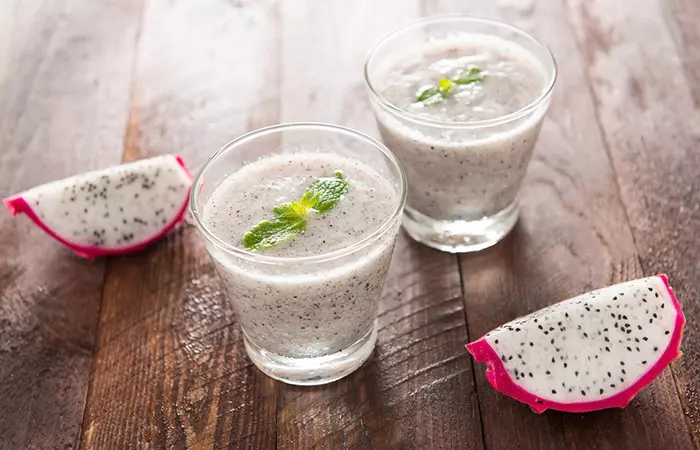
Dragon fruit can be eaten fresh or blended to a juice. It can be used to flavor jams, salads, smoothies, and yogurts. Here are a few ways to incorporate dragon fruit into your daily diet:
- As a snack: You can simply slice dragon fruit and eat it as is. Its mild sweetness makes it perfect for a light snack.
- In smoothies: Try blending it with Greek yogurt and bananas to prepare a creamy, healthy smoothie.
- As a topping: If you like smoothie bowls, you may use dragon fruit chunks as a colorful topping along with nuts and seeds.
- In salads: Add diced dragon fruit to your fruit or green salad for a pop of color and freshness.
- As a juice: If you enjoy experimenting, try blending it into juice or mixing it with lemonade for a fresh flavor.
- Frozen treats: You can freeze dragon fruit chunks and use them as a natural alternative to ice cubes in your drinks.
It is easy to pick a good dragon fruit. Just check if it is firm and not too soft. Select a fruit that is even in color. Use a knife to slice it in half. You can scoop out the flesh using a spoon or remove the peel and slice the flesh into smaller pieces. Dragon fruit is freeze dried and commercially available as a powder, which can be used as a substitute for the fruit. One might wonder, how many dragon fruits can I eat a day? While moderation is key, incorporating this exotic fruit into your diet can offer substantial health benefits without adverse effects.
Here are some additional tips to help you pick good dragon fruits:
- Look for fruits that have a vibrant shade of red or yellow, depending on the variety.
- Avoid fruits with dark spots or excessive wrinkles, as these may be signs of overripeness.
- Check the base of the fruit for a slight indentation, another indicator of ripeness.
If you are looking for simple and easy ways to incorporate dragon fruit into your diet, check out the next section for some delicious recipes.
Dragon Fruit Recipes
1. Dragon Fruit Smoothie Bowl
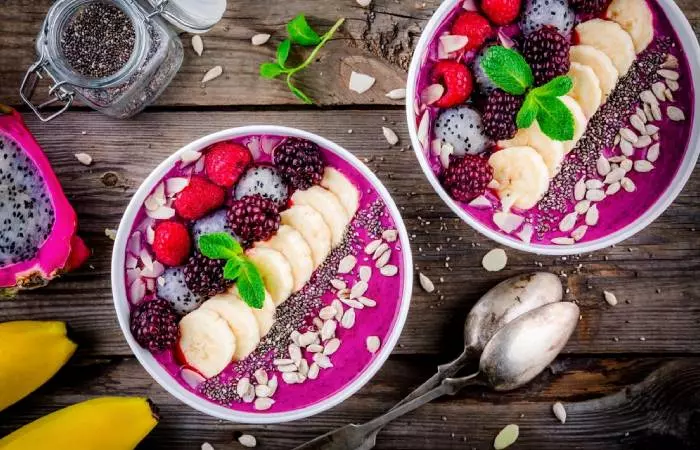
Ingredients
- 1 dragon fruit, cut into chunks
- ½ cup of Greek yogurt
- ½ banana
- ¼ cup of granola
- Fresh berries and honey for topping
How To Prepare
- Blend the dragon fruit chunks (you may use red dragon fruit), Greek yogurt, and banana until smooth.
- Pour the smoothie into a bowl.
- Top with granola, fresh berries, and a drizzle of honey.
You can also pair it with other ingredients, like durian fruit, to give a mix of flavor to your taste buds.
2. Dragon Fruit Salad
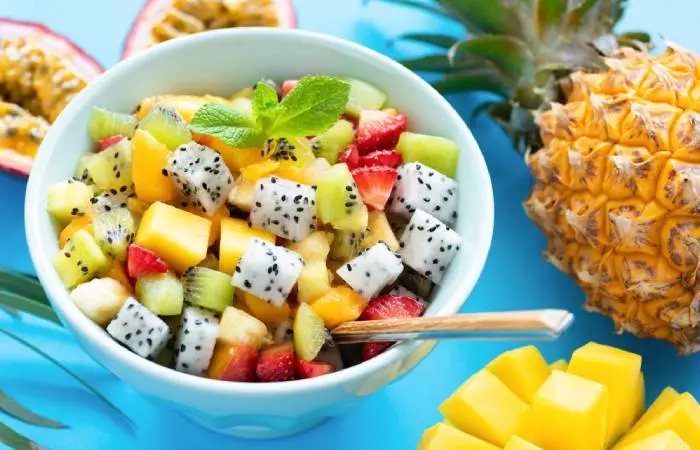
Ingredients
- 1 dragon fruit, peeled and diced
- ½ cup of fresh pineapple chunks
- ½ cup of any seasonal fruit (kiwi, mangoes, etc.)
- Fresh mint leaves
- Lime juice
How To Prepare
- Add the dragon fruit, pineapple, and the fruits of your choice to a bowl.
- Squeeze lime juice over the fruits.
- Garnish with fresh mint leaves, toss gently, and serve.
A blogger recorded her experience of trying dragon fruit in a blog post, sharing, “The dragon fruit is so bland that I figure it could be paired with pretty much anything, so I decide[d] to add it to a smoothie. I blitz[ed] the remainder of the dragon fruit flesh with a handful of frozen strawberries and a ripe banana. The dragon fruit’s high water content has the benefit of lending my smoothie a looser texture than those I’ve made in the past. Strangely, it also has the effect of diminishing the sweetness of the banana and the tartness of the strawberries (i).”
 Quick Tip
Quick TipThere are many uses of dragon fruit in skin care. It can be used for skin tightening and for pimples. Here’s how you can use dragon fruit on your skin.
How To Use Dragon Fruit On Skin
1. Skin Tightening Face Pack
You Will Need
- 1/2 dragon fruit
- 1 tablespoon yogurt
Process
- Scoop out the pulp of the dragon fruit and mash it into a smooth paste.
- Add the yogurt to the paste.
- Apply the pack to your face and neck and keep it on for 20 minutes.
- Rinse off the pack with lukewarm water and pat your face dry with a soft towel.
- Repeat this process once a week for two months.
2. Dragon Fruit Face Mask For Pimples

You Will Need
- ¼ dragon fruit
- 3-4 cotton balls
Process
- Scoop out the pulp of the dragon fruit and mash it into a smooth paste using a fork.
- Dab it on the affected area using a cotton ball. Use a fresh cotton ball to apply it on another area to prevent the spread of bacteria.
- Rinse off the paste with lukewarm water after 20 minutes. Let your face air dry.
- Repeat this process twice a week.
3. Dragon Fruit Face Pack For Sunburned Skin
You Will Need
- ¼ dragon fruit
- 1 vitamin E capsule
Process
- Scoop out the pulp of the dragon fruit and mash it with a fork to make a paste.
- Puncture the vitamin E capsule and squeeze its oil into the dragon fruit paste. Mix thoroughly.
- Apply the pack to the sunburned area. Keep it on for 30 minutes.
- Rinse it off with cold water and let your face air dry.
- Use this pack every alternate day until the symptoms subside.
Hopefully, you have gotten your answers to questions such as ‘Is dragon fruit good for you?’ or ‘Is dragon fruit good for health?’ However, are there any side effects? Yes, besides these dragon fruit health benefits, there are a few side effects you need to know before consuming it. Find out below.
Side Effects Of Dragon Fruit
Although there are very less known side effects of dragon fruit, in rare cases, people develop allergic reactions with symptoms such as rashes, itching, nausea, and swelling of the mouth. Very few cases of allergic reactions to dragon fruit have been reported (35). In such cases you can stick to other fruits like guava. Guava fruit benefits are well known and it is also easy to get and less expensive.
These are all the important facts about dragon fruit, from its health benefits to its side effects, but there are also a few myths associated with this fruit. Let’s uncover them!
Myths Vs. Facts About Dragon Fruit
Myth 1: Dragon fruit causes magical weight loss.
Fact: While dragon fruit is low in calories and nutrient-rich, just consuming this fruit alone won’t lead to weight loss. It has to be a part of a balanced diet, and you must exercise regularly to see any results.
Myth 2: Eating dragon fruit daily is harmful.
Fact: Dragon fruit can be a healthy addition to your diet, but like any food, moderation is important.
Myth 3: Dragon fruit cures all skin problems.
Fact: Dragon fruit contains antioxidants that support skin health, but it is not a standalone solution for all skin issues.
Myth 4: Dragon fruit should not be eaten at night.
Fact: There’s no scientific evidence suggesting dragon fruit is harmful when consumed at night.
Myth 5: Dragon fruit is unsafe for pregnant women.
Fact: In moderation, dragon fruit can provide nutrients like iron and calcium, beneficial during pregnancy (2), (24).
Infographic: 5 Top Health Benefits Of Dragon Fruit
Dragon fruits not only look exotic and taste delicious, but also pack a nutritious punch. Its nutrient-rich profile translates to numerous health benefits, the most important of which have been summed up for quick reference in the infographic below.
Some thing wrong with infographic shortcode. please verify shortcode syntax
Dragon fruit is an exotic tropical fruit with a rich antioxidant profile. It has a host of nutritious compounds such as dietary fiber, carbohydrates, minerals, and vitamins B and C. Dragon fruit benefits include gut health support and better cardiovascular and immune health. It is good for your skin, too, as its anti-aging and antibacterial properties can help address many skin issues. You can add dragon fruit to your diet as a whole fruit or in its powdered form (in yogurts and smoothies). However, seek medical advice if you experience an allergic reaction to it.
Frequently Asked Questions
Can I eat dragon fruit every day?
Yes, you can eat dragon fruit every day. Mary Sabat, RDN, says, “Eating dragon fruit daily may provide some health benefits, such as improved digestion, a boost of antioxidants, and more fiber. Although dragon fruit is generally considered to be healthy food, it is important to be aware that eating too much of any food can be harmful to your health. However, do not go overboard as it is high in fiber. Introducing high fiber suddenly into your diet can cause flatulence, bloating, and diarrhea. Sabat further warns, “Eating too much dragon fruit can lead to an imbalance of essential vitamins and minerals, as well as an overload of sugar, which can lead to weight gain and other health problems.” You can also try other fruits like rambutan for its many benefits.
Does dragon fruit raise blood pressure?
Sabat says, “Dragon fruit does not raise blood pressure. In fact, studies have found that dragon fruit can help lower blood pressure as well as reduce cholesterol. It also contains antioxidants, fiber, and vitamins C and B-complex, which can help protect against heart disease.”
Is dragon fruit good for the liver?
Sabat explains, “Dragon fruit has been known to be beneficial for the liver. It contains an antioxidant called lycopene, which helps reduce oxidative damage to the liver. Dragon fruit is also rich in vitamins A and C, which are both essential for the healthy functioning of the liver. Additionally, dragon fruit is high in fiber, which can help the liver flush out toxins.” says Sabat.
Does dragon fruit help belly fat?
Yes, dragon fruit may help reduce belly fat in some ways. Mary Sabat explains, “Dragon fruit is high in fiber and antioxidants, which can help support the digestive system and reduce belly fat. In addition, the high fiber content of dragon fruit can help keep you feeling full for longer and reduce cravings for unhealthy snacks. The high levels of vitamin C and other nutrients in dragon fruit can help boost metabolism, further contributing to fat loss.”
Can I eat dragon fruit every day?
Yes, dragon fruit can be eaten everyday as it is full of vitamins and minerals. However, do not go overboard as it is high in fiber. Introducing high fiber suddenly into your diet can cause flatulence, bloating, and diarrhea.
Is dragon fruit good for kidney patients?
Dragon fruit is rich in antioxidants and can help in improving the functioning of internal organs such as kidneys. It can capture harmful toxins and may help in reducing the risk of kidney stones.
Is the dragon fruit peel good for you?
The peel of dragon fruit has some nutraceutical properties as it is reported to contain pectin, betanin, and other phytochemicals. However, it is not edible unless commercially processed.
How much dragon fruit can I eat a day?
You may consume 1 cup (200 gms) of dragon fruit per day for a healthy body and skin.
Is dragon fruit full of sugar?
Dragon fruit is a rich source of sugar content. 100 g of fresh dragon fruit contains 6 g of sugar (36).
Is dragon fruit good for hair?
Though there are not enough studies to prove this, dragon fruit may be good for hair due to its antioxidant and antimicrobial properties.
Is dragon fruit high in uric acid?
No, dragon fruit is not high in uric acid. However, it can normalize the uric acid content in the blood (37).
Does dragon fruit make you sleepy?
No, dragon fruit does not make you sleepy. The magnesium in it may help improve the quality of sleep (38).
Is dragon fruit good for the thyroid?
The B vitamins in dragon fruit are said to improve thyroid function, though there are not enough studies to prove the same.
References
Articles on StyleCraze are backed by verified information from peer-reviewed and academic research papers, reputed organizations, research institutions, and medical associations to ensure accuracy and relevance. Read our editorial policy to learn more.
- Dragon fruit, FoodData Central, Agricultural Research Service, US Department of Agriculture.
https://fdc.nal.usda.gov/fdc-app.html#/food-details/411576/nutrients - SEM studies on the morphology of ‘white pulp’ dragon fruit, Acta horticulturae, US Department of Agriculture, National Agricutural Library.
https://pubag.nal.usda.gov/catalog/321595 - Effect of juice concentration on storage stability, betacyanin degradation kinetics, and sensory acceptance of red-fleshed dragon fruit (Hylocereus polyrhizus) juice, International Journal of Food Properties, Taylor & Francis Online.
https://www.tandfonline.com/doi/full/10.1080/10942912.2016.1172086 - Oligosaccharides of pitaya (dragon fruit) flesh and their prebiotic properties, Food Chemistry, ScienceDirect.
https://www.sciencedirect.com/science/article/pii/S0308814609013181 - Fibre effects on intestinal functions (diarrhoea, constipation and irritable bowel syndrome), Clinical Nutrition Supplements, ScienceDirect.
https://www.sciencedirect.com/science/article/abs/pii/S1744116104000249 - Essential fatty acids of pitaya (dragon fruit) seed oil, Food Chemistry, ScienceDirect.
https://www.sciencedirect.com/science/article/pii/S0308814608011783 - Dragon Fruit, Wisconsin Department of Public Instruction.
https://dpi.wi.gov/sites/default/files/imce/school-nutrition/pdf/fact-sheet-dragon-fruit.pdf - Lycopene and Its Antioxidant Role in the Prevention of Cardiovascular Diseases-A Critical Review, Critical reviews in food science and nutrition, National Center for Biotechnology Information, US National Library of Medicine, National Institutes of Health.
https://pubmed.ncbi.nlm.nih.gov/25675359/ - Dietary intake of carotenoids and their antioxidant and anti-inflammatory effects in cardiovascular care, Mediators of inflammation, US National Library of Medicine, National Institutes of Health.
https://pubmed.ncbi.nlm.nih.gov/24489447/ - Dietary fibre intake and risk of cardiovascular disease: systematic review and meta-analysis.” British Medical Journal, US National Library of Medicine National Institutes of Health
https://pubmed.ncbi.nlm.nih.gov/24355537/ - Pigment Identification And Antioxidant Properties Of Red Dragon Fruit (Hylocereus Polyrhizus), African Journal Of Biotechnology, ResearchGate.
https://www.researchgate.net/publication/228498791_Pigment_identification_and_antioxidant_properties_of_red_dragon_fruit_Hylocereus_polyrhizus - Comparative antioxidant and antiproliferative activities of red and white pitayas and their correlation with flavonoid and polyphenol content, Journal of Food Science, US National Library of Medicine, National Institutes of Health.
https://pubmed.ncbi.nlm.nih.gov/21535651/ - Vitamin C and Immune Function, Nutrients, US National Library of Medicine, National Institutes of Health.
https://pubmed.ncbi.nlm.nih.gov/29099763/ - Health-promoting bioactivities of betalains from red dragon fruit (Hylocereus polyrhizus (Weber) Britton and Rose) peels as affected by carbohydrate encapsulation, Journal of the Science of Food and Agriculture, US National Library of Medicine, National Institutes of Health.
https://pubmed.ncbi.nlm.nih.gov/26916683/ - Effect of dragon fruit on glycemic control in prediabetes and type 2 diabetes: A systematic review and meta-analysis, PloS One, US National Library of Medicine, National Institutes of Health.
https://pubmed.ncbi.nlm.nih.gov/28886195/ - White Pitaya (Hylocereus undatus) Juice Attenuates Insulin Resistance and Hepatic Steatosis in Diet-Induced Obese Mice, PloS One, US National Library of Medicine, National Institutes of Health.
https://pubmed.ncbi.nlm.nih.gov/26914024/ - Red pitaya betacyanins protects from diet-induced obesity, liver steatosis and insulin resistance in association with modulation of gut microbiota in mice, Journal of Gastroenterology and Hepatology, US National Library of Medicine, National Institutes of Health.
https://pubmed.ncbi.nlm.nih.gov/26699443/ - Review on iron and its importance for human health, Journal of research in medical sciences, Journal of Isfahan University of Medical Sciences, US National Library of Medicine, National Institutes of Health.
https://www.ncbi.nlm.nih.gov/pmc/articles/PMC3999603/ - Vitamin C: Needs and Functions, Vitamin C Fortification of Food Aid Commodities: Final Report, National Academies Press, National Center for Biotechnology Information.
https://www.ncbi.nlm.nih.gov/books/NBK230157/ - Metabolite profiling of red and white pitayas (Hylocereus polyrhizus and Hylocereus undatus) for comparing betalain biosynthesis and antioxidant activity, Journal of agricultural and food chemistry, US National Library of Medicine, National Institutes of Health.
https://pubmed.ncbi.nlm.nih.gov/25101804/ - Functional foods and their role in cancer prevention and health promotion: a comprehensive review, American Journal of Cancer Research, US National Library of Medicine, National Institutes of Health.
https://pubmed.ncbi.nlm.nih.gov/28469951/ - Pitaya Extracts Induce Growth Inhibition and Proapoptotic Effects on Human Cell Lines of Breast Cancer via Downregulation of Estrogen Receptor Gene Expression, Oxidative Medicine and Cellular Longevity, US National Library of Medicine, National Institutes of Health.
https://www.ncbi.nlm.nih.gov/pmc/articles/PMC5518493/ - Beta-carotene, lycopene, and alpha-tocopherol contents of selected Thai fruits, Food Chemistry, ScienceDirect.
https://www.sciencedirect.com/science/article/pii/S0308814608009187 - Effect of consuming red dragon fruit (hylocereus costaricensis) juice on the levels of hemoglobin and erythrocyte among pregnant women, Belitung Nursing Journal, ResearchGate.
https://www.researchgate.net/publication/331217309_EFFECT_OF_CONSUMING_RED_DRAGON_FRUIT_HYLOCEREUS_COSTARICENSIS_JUICE_ON_THE_LEVELS_OF_HEMOGLOBIN_AND_ERYTHROCYTE_AMONG_PREGNANT_WOMEN - Antiviral activity of betacyanins from red pitahaya (Hylocereus polyrhizus) and red spinach (Amaranthus dubius) against dengue virus type 2 (GenBank accession no. MH488959), Access Microbiology, ResearchGate.
https://www.researchgate.net/publication/336929715_Antiviral_activity_of_betacyanins_from_red_pitahaya_Hylocereus_polyrhizus_and_red_spinach_Amaranthus_dubius_against_dengue_virus_type_2_GenBank_accession_no_MH488959 - In silico drug designing studies on dengue NS5 protein, World Journal Of Pharmacy And Pharmaceutical Sciences, ResearchGate.
https://www.researchgate.net/publication/330081140_IN_SILICO_DRUG_DESIGNING_STUDIES_ON_DENGUE_NS5_PROTEIN - Red Dragon Fruit Extract (Hylocereus polyrhizus) Restores Learning Ability and Memory on Test Animals Post Lead Exposure: Experimental Study on Test Animal, Indonesian Psychological Journal, ResearchGate.
https://www.researchgate.net/publication/322572117_Red_Dragon_Fruit_Extract_Hylocereus_polyrhizus_Restores_Learning_Ability_and_Memory_on_Test_Animals_Post_Lead_Exposure_Experimental_Study_on_Test_Animals - Magnesium in depression, Pharmacological Reports, ScienceDirect.
https://www.sciencedirect.com/science/article/abs/pii/S1734114013710326 - The Potential Effect Of Red Dragon Fruit (Hylocereus Polyrhizus) Peel Ethanol Extract On Endometriosis Progressivity In Endometriosis Mice, Jurnal Kedokteran Hewan, ResearchGate.
https://www.researchgate.net/publication/328911897_THE_POTENTIAL_EFFECT_OF_RED_DRAGON_FRUIT_Hylocereus_polyrhizus_PEEL_ETHANOL_EXTRACT_ON_ENDOMETRIOSIS_PROGRESSIVITY_IN_ENDOMETRIOSIS_MICE - Antioxidant and Anti-Hyaluronidase Activities of Dragon Fruit Peel Extract and Kaempferol-3-O-Rutinoside, ResearchGate.
https://www.researchgate.net/publication/336007652_Antioxidant_and_Anti-Hyaluronidase_Activities_of_Dragon_Fruit_Peel_Extract_and_Kaempferol-3-O-Rutinoside - Antioxidant and Anti-Collagenase Effectivity of Red Dragon Fruit Peel and Kaempferol 3-0-Rutinoside, American Scientific Research Journal for Engineering, Technology, and Sciences (ASRJETS).
https://asrjetsjournal.org/index.php/American_Scientific_Journal/article/view/5069 - Vitamin C in dermatology, Indian Dermatology Online Journal, US National Library of Medicine, National Institutes of Health.
https://www.ncbi.nlm.nih.gov/pmc/articles/PMC3673383/ - In Vivo and In-Vitro Evaluation of Antimicrobial Activity of Peel Extracts of Red Dragon Fruit (Hylocereus polyrhizus), Research Journal of Pharmacognosy and Phytochemistry, Indian Journals.
https://www.indianjournals.com/ijor.aspx?target=ijor:rjpp&volume=11&issue=1&article=005 - Protective effect against sunburn of combined systemic ascorbic acid (vitamin C) and d-alpha-tocopherol (vitamin E), Journal of the American Academy of Dermatology, US National Library of Medicine, National Institutes of Health.
https://pubmed.ncbi.nlm.nih.gov/9448204/ - Allergy to red pitaya, Allergy, European Journal of Allergy and Clinical Immunology, Wiley Online Library.
https://onlinelibrary.wiley.com/doi/abs/10.1111/j.1398-9995.2008.01797.x - Nutritional Analysis of Red-Purple and White-Fleshed Pitaya (Hylocereus) Species, Molecules, US National Library of Medicine National Institutes of Health.
https://www.ncbi.nlm.nih.gov/pmc/articles/PMC8839306/ - Effects of red pitaya juice supplementation on cardiovascular and hepatic changes in high-carbohydrate, high-fat diet-induced metabolic syndrome rats, BMC Complementary and Alternative Medicine, US National Library of Medicine National Institutes of Health.
https://pubmed.ncbi.nlm.nih.gov/24919841/ - The effect of magnesium supplementation on primary insomnia in elderly: A double-blind placebo-controlled clinical trial, Journal of Research in Medical Sciences, US National Library of Medicine National Institutes of Health.
https://www.ncbi.nlm.nih.gov/pmc/articles/PMC3703169/
Read full bio of Alexandra Dusenberry
- Mary Sabat, MS, RDN, LD, is a registered dietitian and a certified in personal training by the American Council of Exercise. She has 30 years of experience in nutrition education, wellness coaching, fitness training, holistic health, and weight loss coaching. She obtained her bachelor's degree in Dietetics and Nutrition from the University of Delaware and master’s degree in Human Nutrition with an emphasis on Exercise Science from Rutgers University.
 Mary Sabat, MS, RDN, LD, is a registered dietitian and a certified in personal training by the American Council of Exercise. She has 30 years of experience in nutrition education, wellness coaching, fitness training, holistic health, and weight loss coaching. She obtained her bachelor's degree in Dietetics and Nutrition from the University of Delaware and master’s degree in Human Nutrition with an emphasis on Exercise Science from Rutgers University.
Mary Sabat, MS, RDN, LD, is a registered dietitian and a certified in personal training by the American Council of Exercise. She has 30 years of experience in nutrition education, wellness coaching, fitness training, holistic health, and weight loss coaching. She obtained her bachelor's degree in Dietetics and Nutrition from the University of Delaware and master’s degree in Human Nutrition with an emphasis on Exercise Science from Rutgers University.
Read full bio of Ravi Teja Tadimalla
Read full bio of Arshiya Syeda
Read full bio of Sindhu Koganti







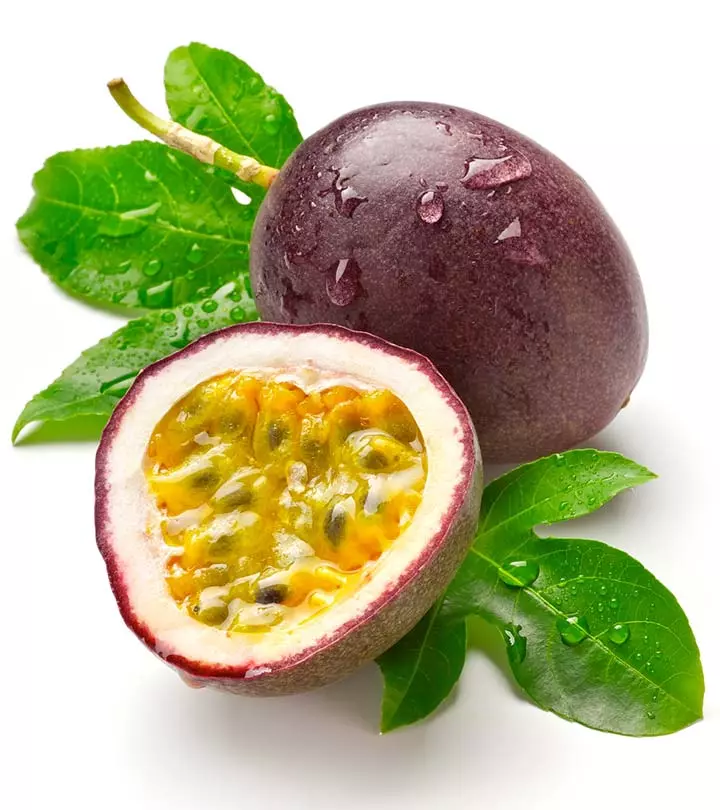

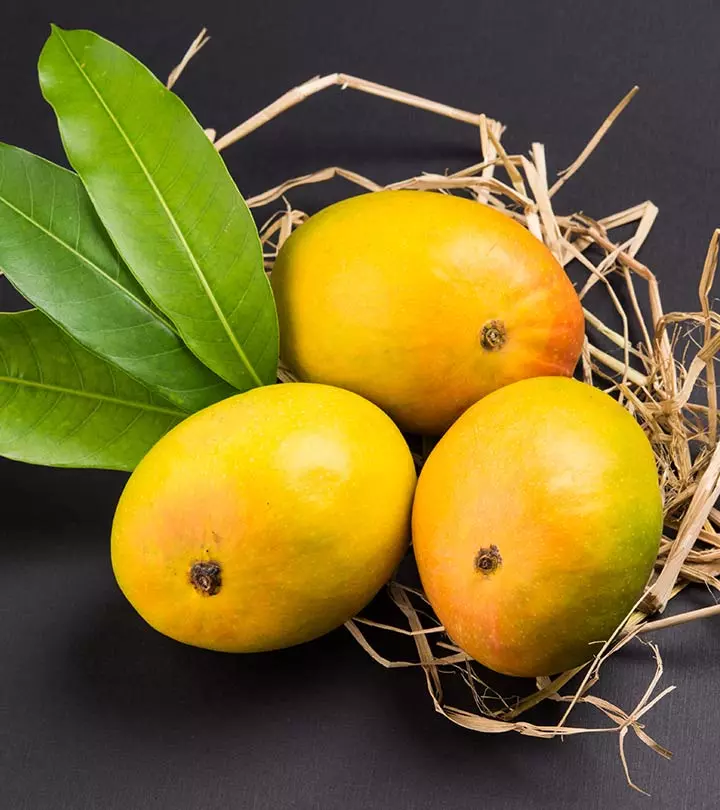

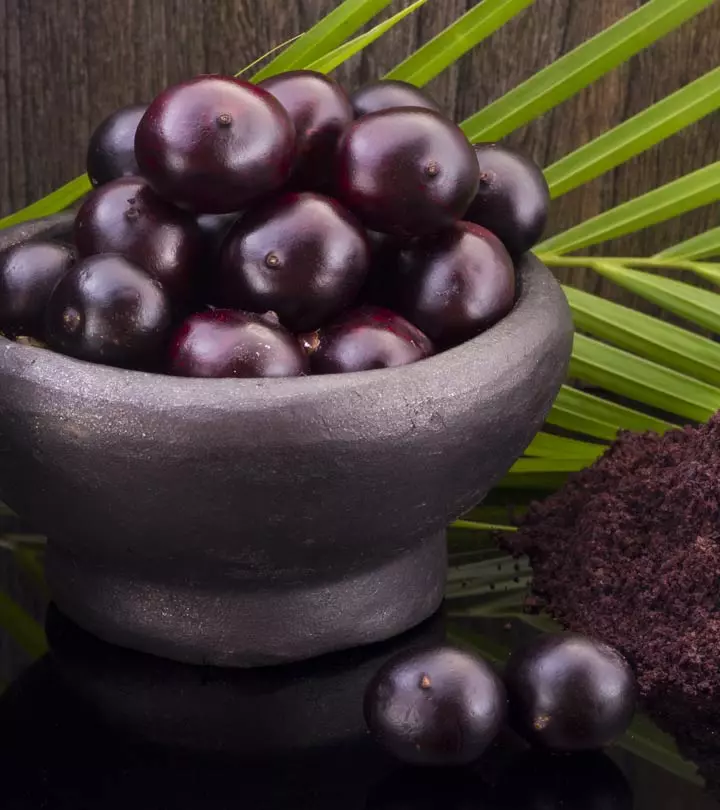
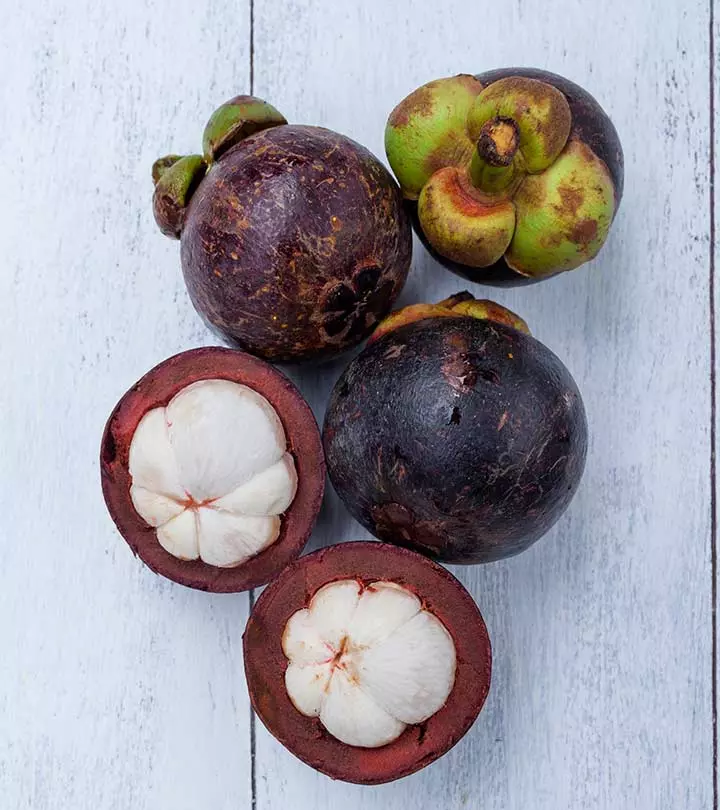


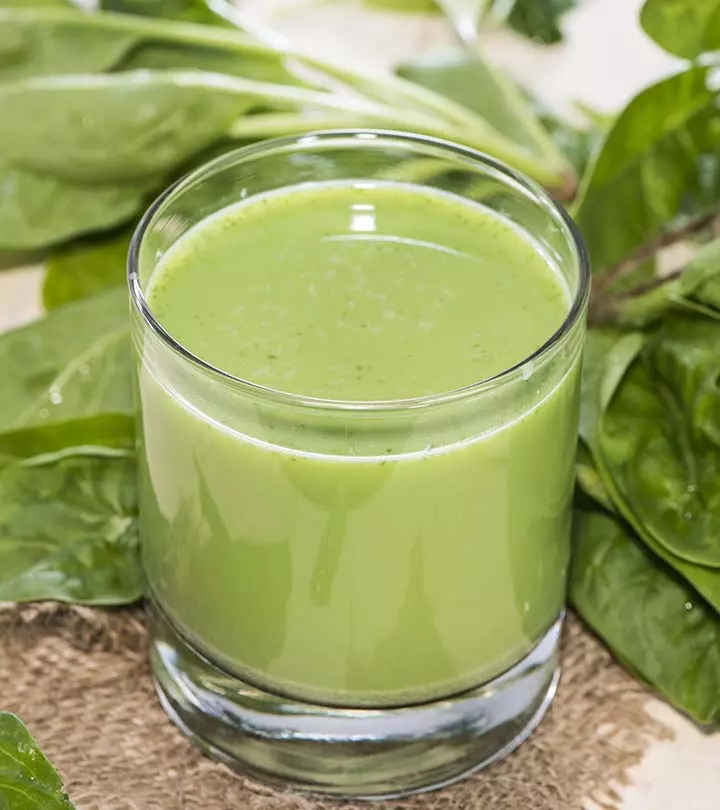
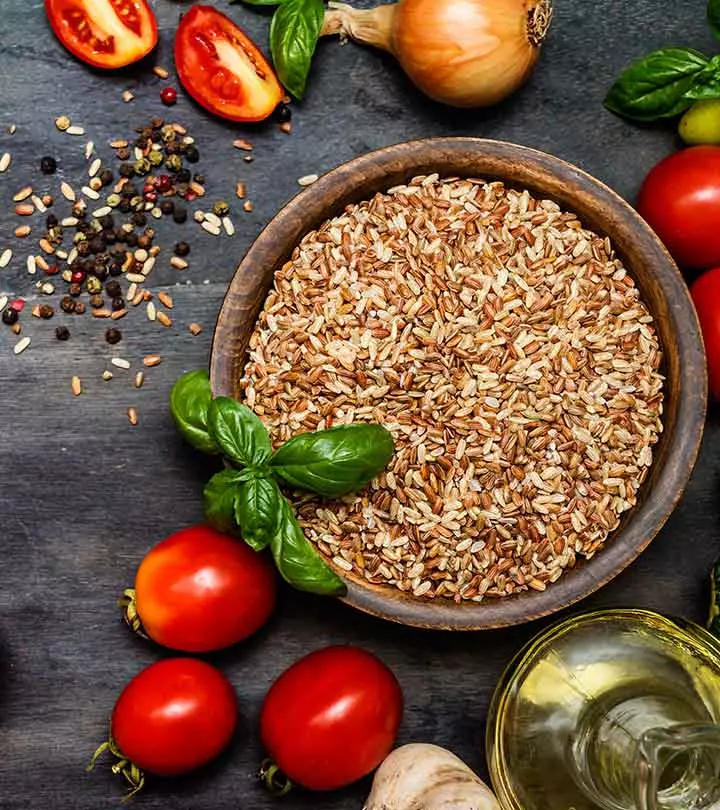

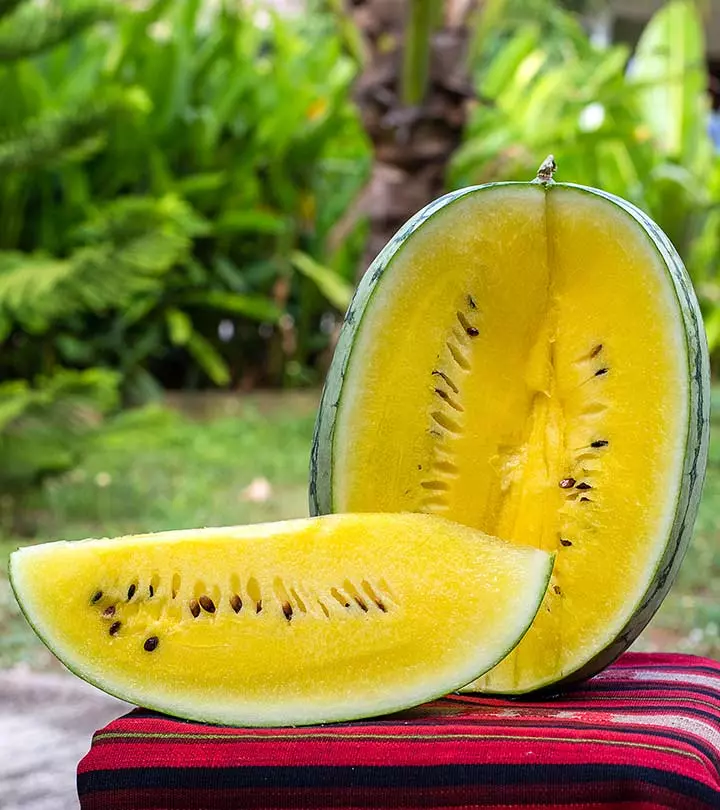

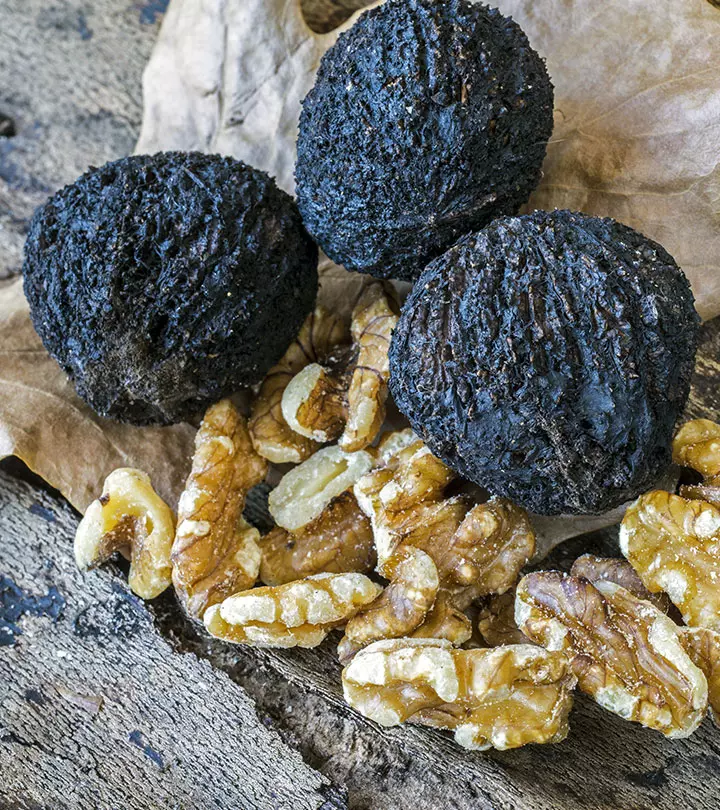
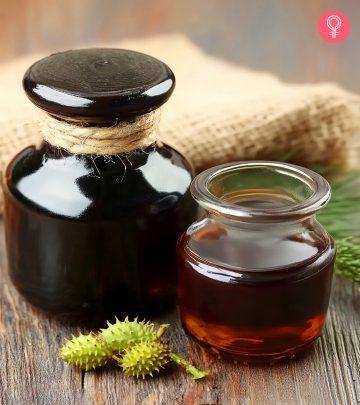
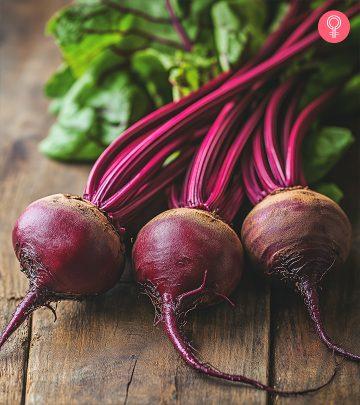
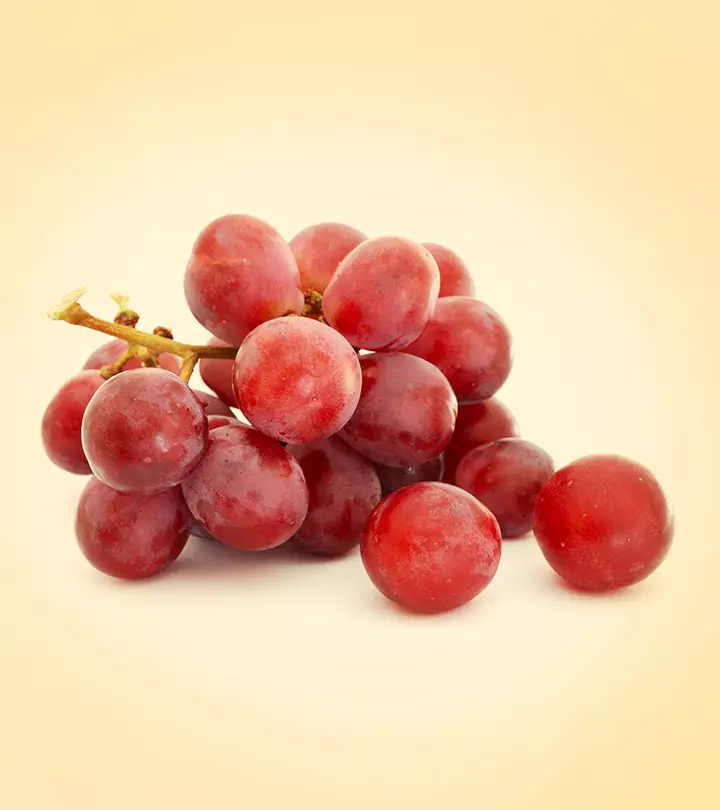
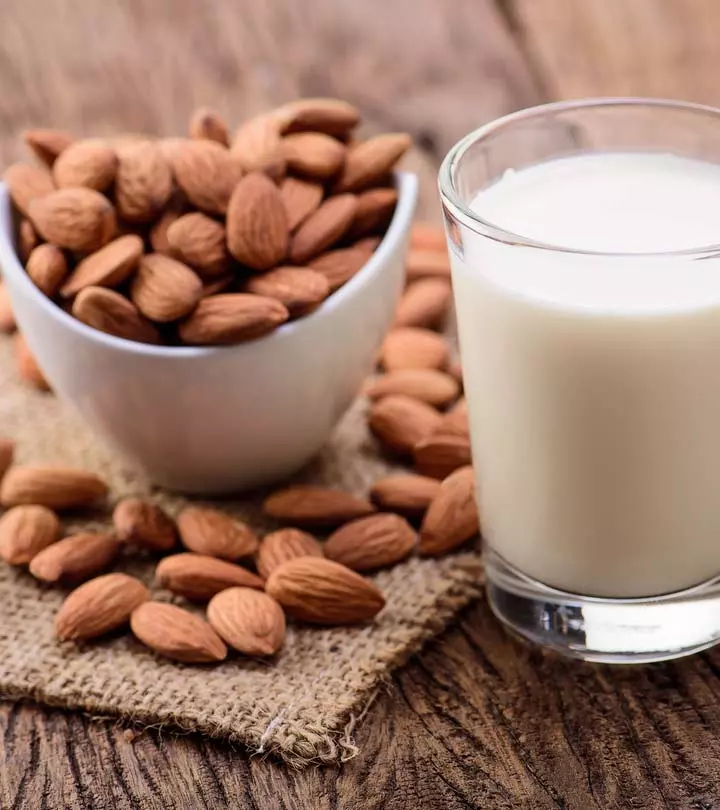
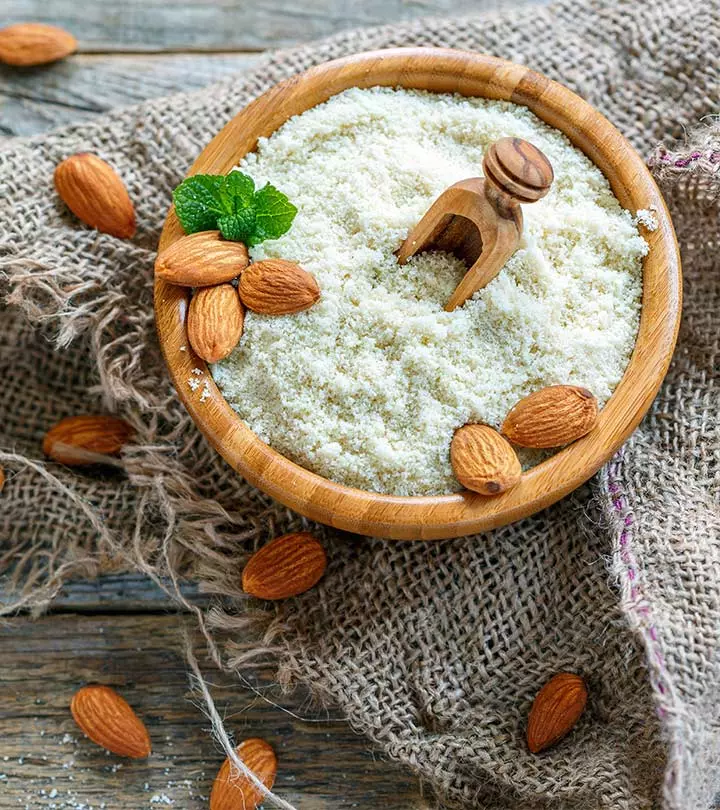


Community Experiences
Join the conversation and become a part of our empowering community! Share your stories, experiences, and insights to connect with other beauty, lifestyle, and health enthusiasts.